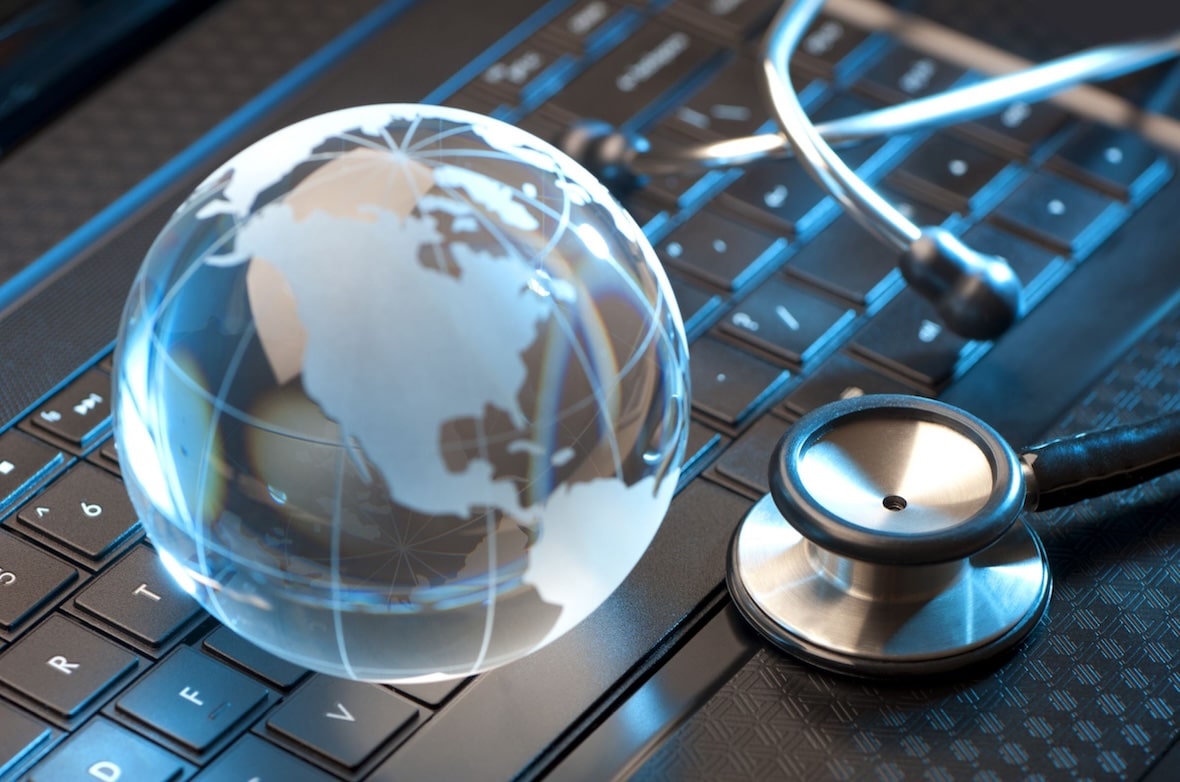Technology has changed the world around us in ways we never thought possible. We can communicate with others around the world instantaneously. We can travel to the other side of the world in a day. We have eliminated the infectious disease smallpox and it’s hoped that others, like polio and malaria, will soon follow. So what does the future hold for healthcare?
Unfortunately, due to the complexity of healthcare systems, some providers still rely on older systems for managing medical records. There are limitations that come with paper-based medical records, or the Electronic Medical Record (EMR) systems that can’t access electronic data about patients that resides outside these EMRs. Any additional data would immediately inform clinicians of patient-centred information that can assist with informed decision-making and treatment for patients.
Lack of interoperability can make basic sharing of patient information time consuming for clinicians, as they have to spend additional time to determine the patient history and arrive at an informed decision. Despite having access to the latest and greatest treatments and medications, the administration and efficiency of healthcare systems still has a long way to go.
But it is heading in the right direction. There are many efforts underway to transform healthcare systems worldwide. Rather than focusing on the problem, let’s look at some innovations that we can look forward to.
Wearable Medical Devices
Fitness trackers have become commonplace over the last few years, and they have great potential to be used for medical purposes. Imagine wearing a device that monitored all our vital signs 24/7 and could alert us to certain health issues. They could be used as early intervention devices, highlighting warning signs for potentially serious illnesses.
These devices could also be used to monitor your health after a hospital visit. If certain vital signs need to be tracked after surgery for example, a wearable device could alert your surgeon to any clinical deteriorations or complications. This could facilitate an earlier discharge from hospital, which is positive for patients getting back to their own home, unlocking space for new patients, and improving the overall efficiency of the healthcare system.
Virtual Consultations
The prominence of video chat in everyday life means that visits to the doctor are likely to go the same way. Why drive to the doctor’s office when you can talk to them online? We could take this one step further though. Imagine talking to a robot about your symptoms, and receiving medical advice in return. With advancements in Artificial Intelligence and machine learning, this could soon be a reality.
Electronic Medical Records
Many healthcare systems have shared electronic medical records already, but this could become a global initiative. This means that your medical record could be made available to clinicians treating you no matter where you are. If this was shared globally, clinicians could treat you effectively even while you’re travelling outside your home country.
These are all examples of Clinical Decision Support (CDS). By harnessing modern (and future) technology, clinicians can spend more time treating patients, and less time dealing with the administrative side of healthcare. These systems will improve healthcare for both patients and clinical staff, making diagnosis and treatment more accurate and effective than ever before.
To learn more about Clinical Decision Support systems, the drivers and challenges involved and the basic CDS functionality required to start making positive change in the healthcare ecosystem, download the white paper now!



